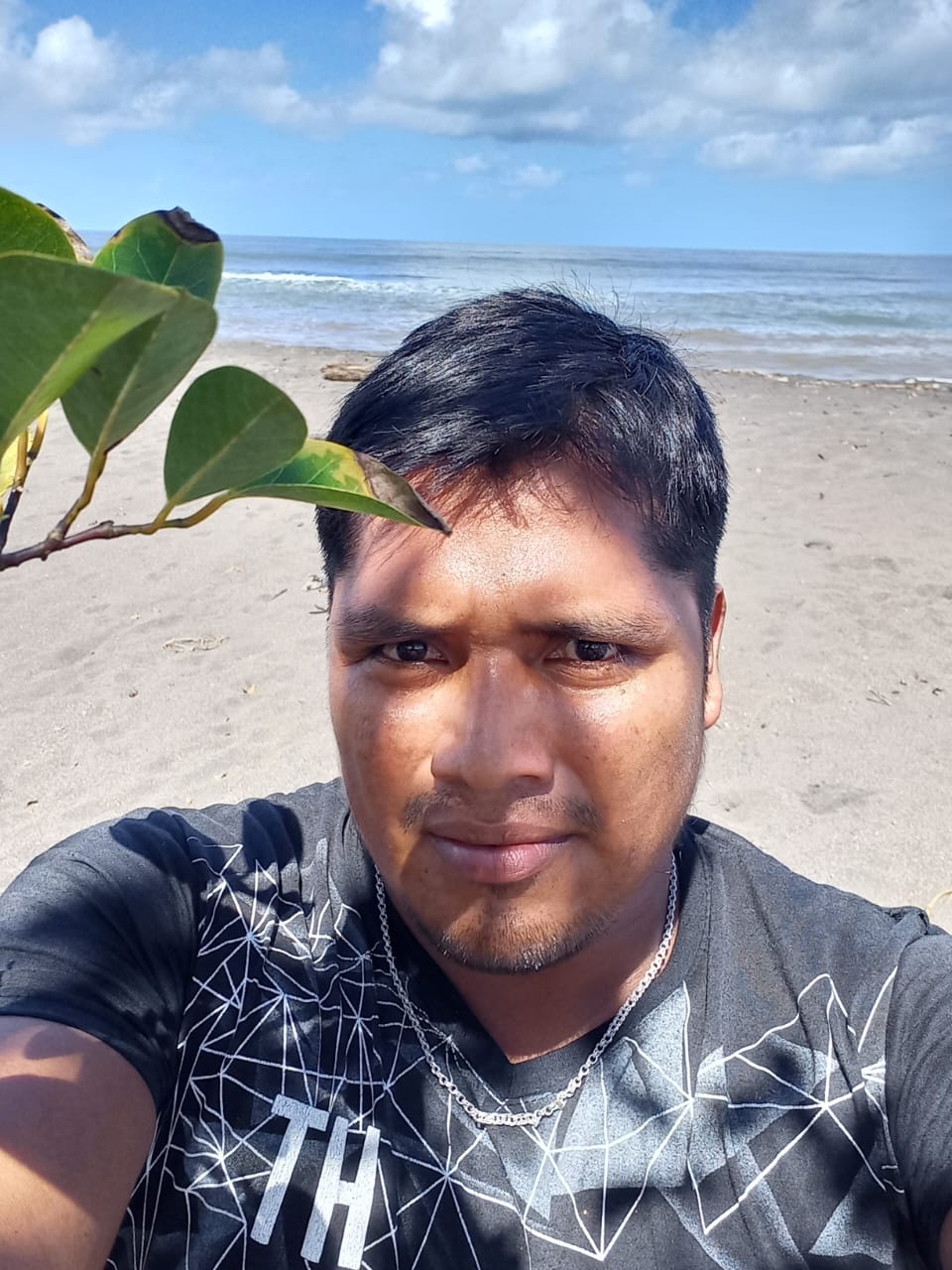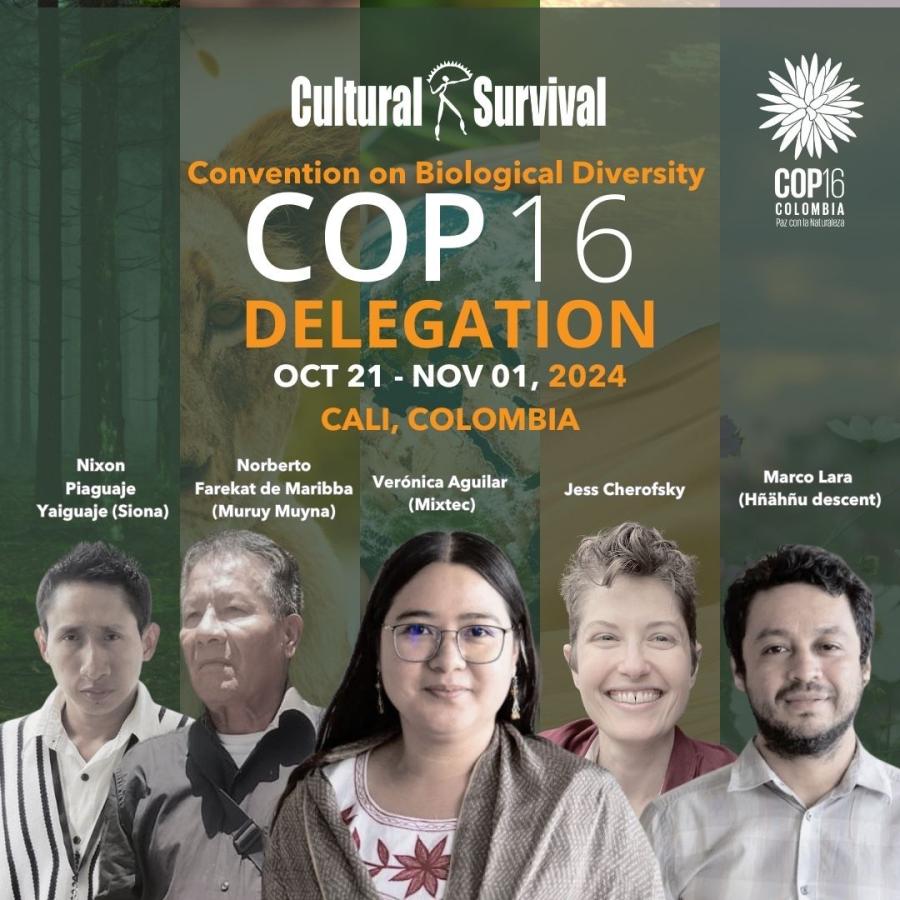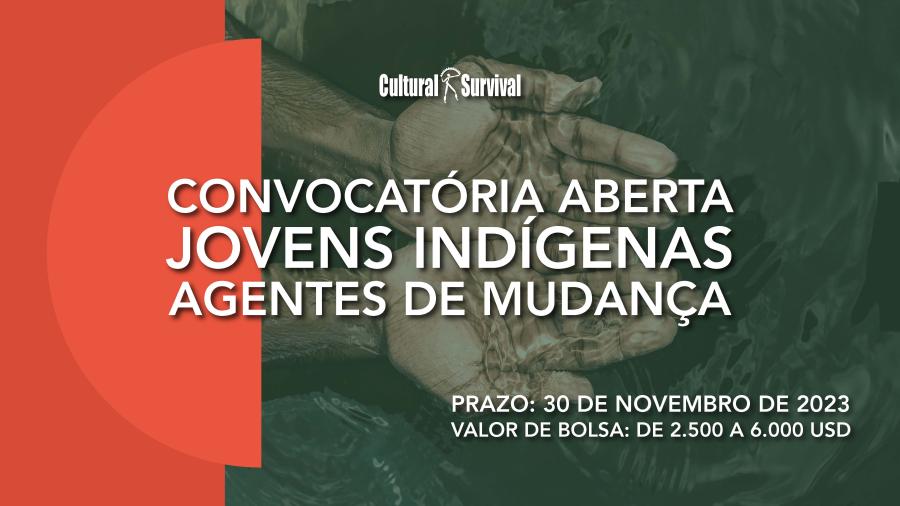
World Youth Skills Day is celebrated every year on July 15th with the aim of highlighting the importance of skills and competencies in the development and success of youth. This initiative seeks to promote the acquisition of relevant skills for employment, entrepreneurship, and active participation in society.
On this day, the participation of young people in activities related to education, training, and employment is encouraged, providing them with opportunities to develop and showcase their abilities. Events, workshops, and programs are organized to enable them to improve their technical skills, interpersonal skills, and leadership abilities.
Furthermore, this commemoration aims to raise awareness in society about the importance of investing in the training and development of young people, as they will play a fundamental role in building a sustainable and prosperous future. By providing them with the necessary tools, they can face the challenges of the working world and make meaningful contributions to the economic and social development of their communities.
Through our Indigenous Youth Fellowship Program, Cultural Survival supports youth initiatives that respond to the needs of their communities while also gaining skills and competencies for their own development. Read about the experiences of three of our 2023 Fellows.

Adonis Clifford Ortiz (Rama) from Nicaragua
Adonis, 27, has spent his life in the community of Rama Cay, located in the southern part of the municipality of Bluefields, Nicaragua. He holds a bachelor's degree in Business Administration from the Bluefields Indian & Caribbean University (BICU). Adonis formerly worked as a project impact surveyor for the benefit of the Rama community and has also been involved in capacity building projects for elementary school teachers, and has promoted skills development among yout to ensure the protection of their territory and culture.
"With the training, we gain experience, which helps strengthen our knowledge as future leaders [...] It strengthens the capacities and skills of young people. It's a tool that enables young people to see the environment differently: creatively, innovatively, and with changes in a community," says Adonis. He also believes that continued training contributes to gaining new skills when seeking employment.

Patricia Dinyando (San) from Namibia
Patricia is a third-year student at the University of Namibia, pursuing a bachelor's degree in Education. Hailing from the Khwe San community, Patricia over the past five years has actively volunteered at the Women's Leadership Center, contributing to its mission of supporting women in actively participating in shaping policy.
She has taken various courses and participated in training programs that enhance her theoretical and practical knowledge. At the University of Namibia, she completed a diploma in new business administration and entrepreneurship, which later enabled her to establish a community cooperative.
"The training opportunities for Indigenous youth in various areas are of utmost importance. These opportunities play a significant role in developing our skills and facilitating active participation within our communities. The training of Indigenous youth not only strengthens their resilience but also fosters a sense of belonging," emphasizes Patricia regarding the training and skill development.

Valentina Balam Poot (Maya) from Mexico
Yessica, 27, resides in the town of Tihosuco, Quintana Roo, Mexico. She is about to complete her studies in Historical, Cultural, and Natural Heritage at the University for Well-being Benito Juárez García.
Currently, through Cultural Survival’s Indigenous Youth Fellowship, she is developing a project titled "Ka'anche" as a basic production unit for family sustenance. The project aims to strengthen food knowledge and food sovereignty skills in young people from the region.
Yessica highlights that she has not been able to receive sufficient training, partly due to the challenges she faces. As a young mother, caregiving responsibilities have sometimes limited her opportunities, and have limited her participation, and hindered her skill implementation.
"I am very happy to have obtained this scholarship to demonstrate that, as women, we can do much more for our community in terms of culture," says Yessica. She also believes in the importance of developing skills in young people and providing them with support and mentorship. "It is important for Indigenous youth to develop or discover what kind of skills or abilities they can improve and manage. This is vital because they can help the community understand diverse topics, such as, knowing how to raise awareness in the community through communication, as well as understanding positive ways of having good interrelationships to close the gaps of violence, and gender inequality, among other things that negatively affect our communities through their actions, without forgetting our identity."



